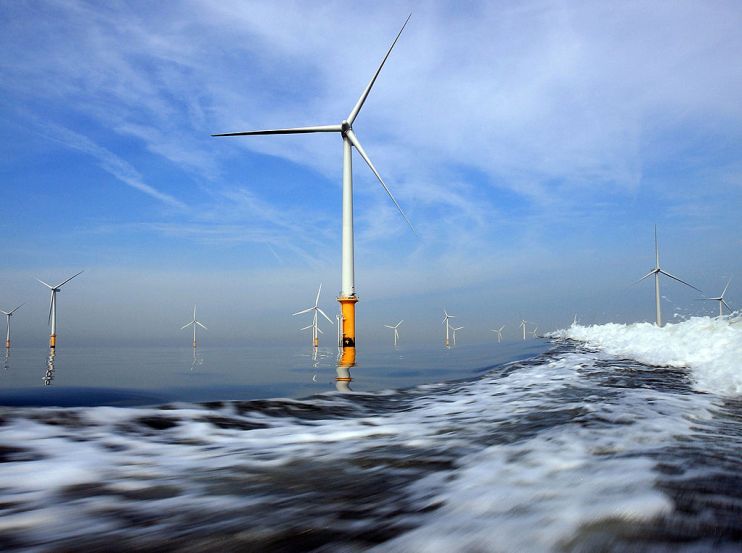We need green jobs for our economy, but nobody knows what they are

British workers know there’s an opportunity in green jobs, but they don’t actually know what they are or how to get them, writes Praful Nargund.
The shift to a net zero economy will require a transformation of our workforce, and bring with it thousands of opportunities for green jobs. But there’s a problem: the public doesn’t know what they are.
Keir Starmer recently pledged £2.5bn to creating green jobs for North Sea workers. Labour is throwing the kitchen sink at economic incentives for workers – they’ve already committed to spending £28bn by the end of the next parliament. But during Starmer’s trip to Aberdeen he didn’t once refer to ‘green jobs’. And he’s got the right idea, because nobody knows what ‘green jobs’ are.
I recently commissioned polling to find out what the public thinks about green jobs. It reveals that only a fifth of the UK population say they would be able to identify a green job.
With 80 per cent of 2030’s workforce already in work today, we will need a level of retraining and new skills never seen before if we are to reach our climate goals. But 63 per cent of people say they would have little or no idea how to go about getting a green job. This is a problem. If people don’t know how to get the jobs, we’ll never get close to a net zero economy.
And it doesn’t seem to be a problem of will. In fact, British workers sense the opportunity but just don’t know how to get there. Half of all the people surveyed thought that a wind turbine technician would be higher paid on average than jobs in general in the UK; but 70 per cent said they wouldn’t know how to go and get the training for the job. In comparison, most people said they’d know how to become a teacher, nurse or accountant.
But there are ways to change that. Recently, as a member of Labour’s Council of Skills Advisors, I visited a site in the Northeast where they’re offering a training scheme to qualify people for entry-level jobs in the wind sector, which have an average starting salary of £37,000. This scheme has just been replicated in Enfield and, with an expansion of training and better awareness, there is no reason why all regions should not be able to benefit from these opportunities.
These jobs could be a vital mechanism for economic growth and individual prosperity – if the people who could benefit from them knew what they were. Instead, the polling showed that only 11 per cent of people on an income of £21,000 or less think that green jobs are highly paid, and just 13 per cent say they’d know how to go about getting one.
So what’s the solution? Starting from the ground up, we need a national curriculum which incorporates green skills. But we are also going to need lifelong information and guidance: careers advice for all ages. In a fast-changing green economy, we have to make sure that people know what jobs are out there and how they can get them. It’s vital that we don’t forget the importance of continuing to offer guidance throughout people’s lives so they are empowered to set the direction of their career knowing all the options.
It’s also important that training isn’t just delivered through the routes of degrees and apprenticeships. These are great options, but for those retraining later in life, a range of alternatives are key. The wind turbine training programme is a kind of green skills bootcamp: four weeks of intensive training with 80 per cent of learners going on to get an entry-level job on an offshore wind farm afterwards. We need more opportunities like this, which offer shorter or more modular courses that people can take up at any stage of their life.
The money is there for the jobs – and the opportunities are there too. But people just don’t know that they exist. The green revolution has the potential to be transformative; we just need a workforce to deliver it.